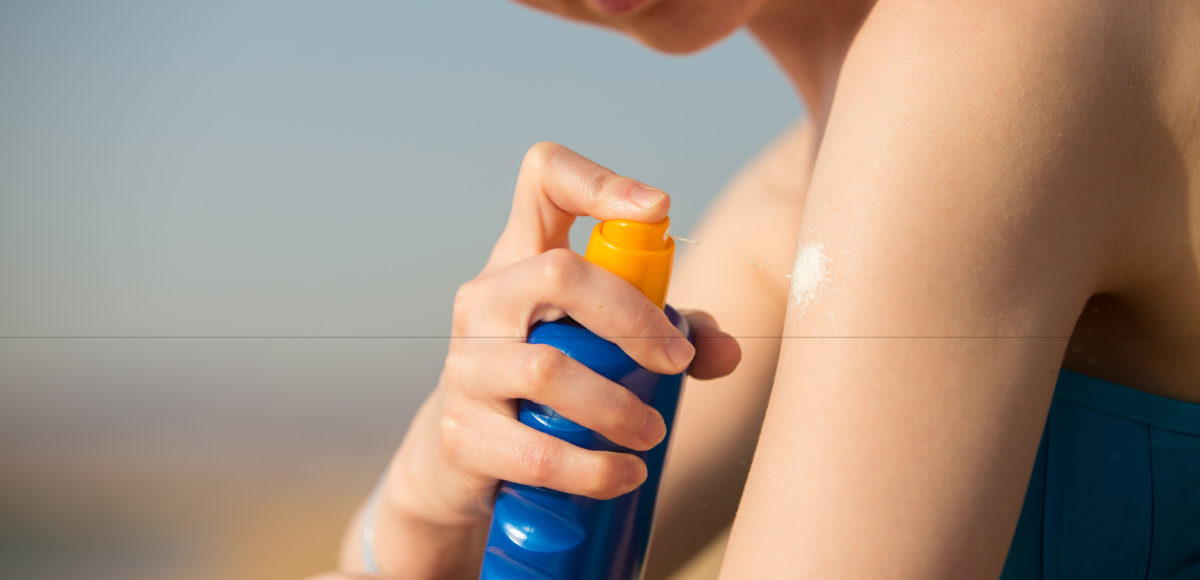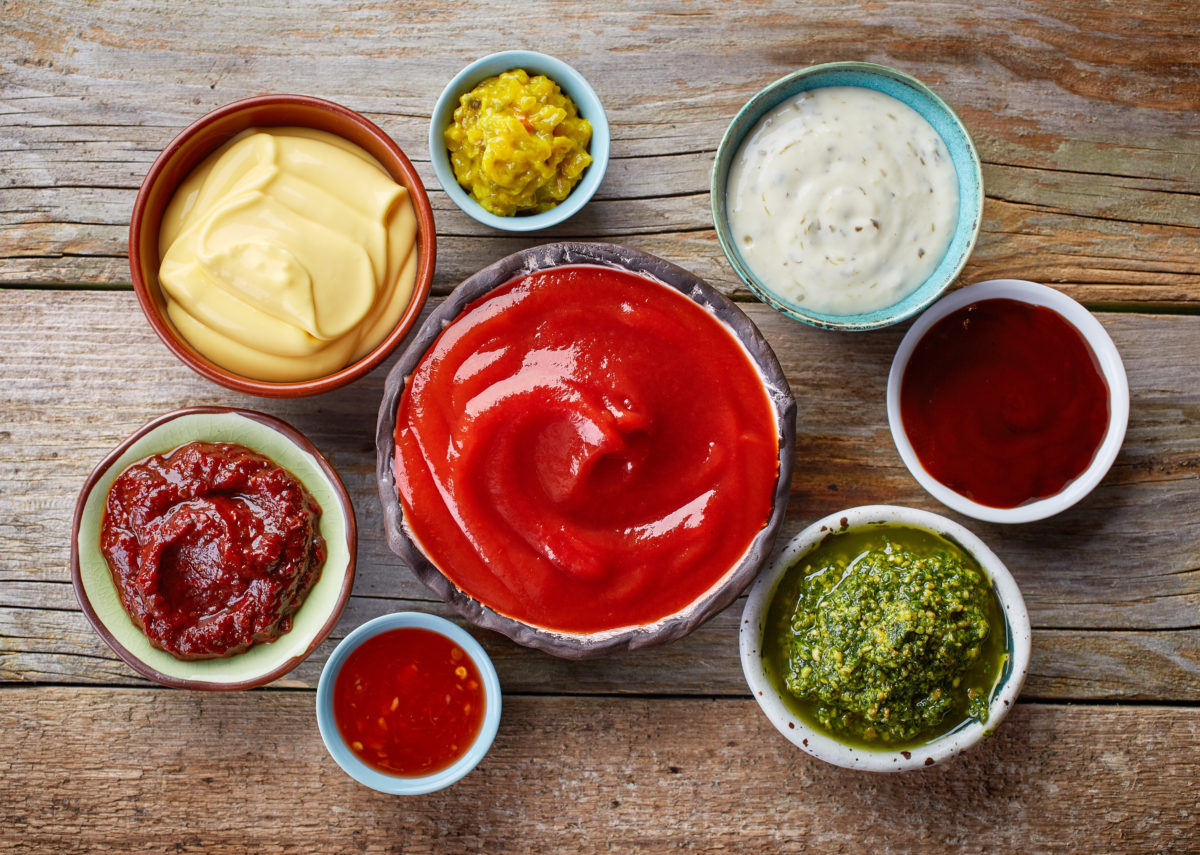Summer’s here and surf’s up! That means a lot more time in the sun and more chances for our skin to get damaged.
I love being outside as much as possible this time of year, but I know that my skin is precious and so is yours! If you don’t want to risk looking like a leather bag in a few years, remember the sunscreen and be smart! Know what’s true and false when it comes to your skin!
1. The higher the SPF number, the stronger it protects
Don’t let a high SPF give you a false sense of security: Buying SPF 100 doesn’t make much of a difference compared with SPF 15!
According to the Skin Cancer Foundation, SPF 15 blocks 93% of UVB rays, SPF 30 blocks 97%, and SPF 50 blocks 98%.
Your best bet? Use at least SPF 30 – and even more importantly remember to reapply at least every two hours (and more often if you get in the water)!
2. All sunscreens work the same way
There’s a difference between chemical and physical sunscreens. Chemical sunscreens, like those containing oxybenzone, protect us by absorbing the sun’s damaging rays. Physical sunscreens, containing minerals like zinc oxide, work by literally blocking the rays from getting to our skin cells.
3. Spray sunscreen means you don’t have to rub
Unfortunately, this is not true at all. The convenience of spray sunscreens doesn’t mean they’re better. Dermatologists caution that spraying your sunscreen makes it more likely to miss areas and have uneven protection. Plus the alcohol in many sprays can cause skin irritation as well as added flammability dangers. Lotions also tend to provide a deeper coverage since we actually rub them in!
If you have a squirmy child who won’t sit for lotion, of course, spray on! Some protection is better than none.
4. Car windows protect you from the sun’s rays
Car windows generally filter out UVB rays, so you won’t get a sunburn. They don’t filter out UVA rays, which do contribute to skin cancer, as well as skin discoloration. So lather up before getting behind the wheel.
5. Dark skin doesn’t need sunblock
Having more pigment in your skin cells doesn’t mean you aren’t susceptible to damaging sun rays! While people of color are less likely to get sunburned without protection, they can still get skin cancer.
 English
English French
French German
German






